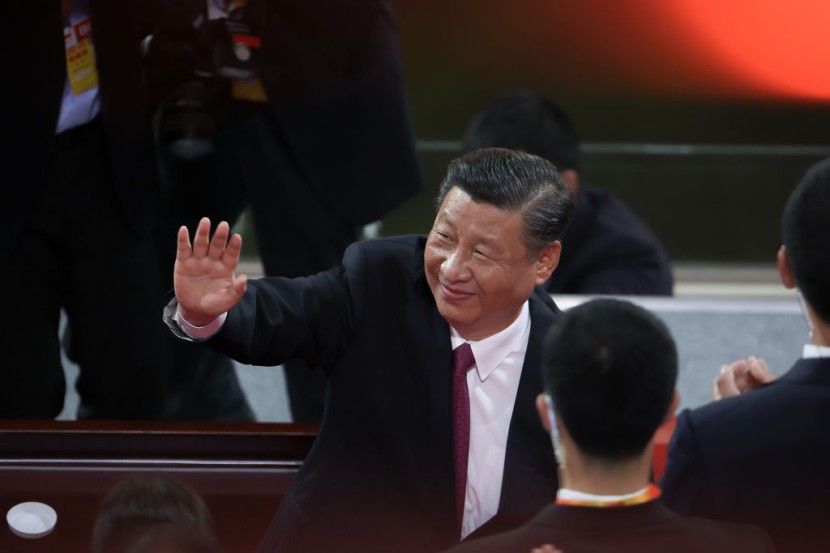
China has started to prepare for the winter season, with Beijing shoppers seen stocking up on cabbage, rice, and flour on Wednesday, after the government urged citizens to have enough stocks of basic goods in case of emergencies amid an outbreak of the coronavirus and the power crisis.
On Monday, the country's Ministry of Commerce published a seasonal notice that encouraged officials to ensure that food supplies were stable ahead of the winter season. The statement came after a recent surge in the prices of vegetables and a growing number of coronavirus infections.
Preparation for Winter
However, the ministry's advice to residents to stock up on regular necessities in the event of emergencies has caused widespread confusion. The recommendations have caused many citizens to rush to supermarkets to buy additional supplies of cooking oil and rice.
China's domestic edible oil futures and Malaysian palm oil prices have also gone up due to the instructions. "It's going to be a cold winter, we want to make sure we have enough to eat," said a woman who was loading rice onto her bicycle outside of a central Beijing supermarket, NBC News reported.
The recent coronavirus outbreak in China has already spread to 19 of its 31 provinces, more than half of the nation. Reports of infections began being sent in mid-October, said the National Health Commission (NHC).
The agency reported 93 new symptomatic cases on Wednesday, which is recorded as the highest daily infection in the last three months. Nationwide, roughly 500 cases have been recorded since the beginning of the latest outbreak.
While the number of infections recorded seems small compared to infections seen in other countries in the West, it is a massive outbreak to the nation that has committed to its "zero-COVID" approach. Chinese officials implemented protocols such as tight border controls and lengthy quarantines for international arrivals, CNN reported.
China's Power Crisis
The situation comes as Chinese President Xi Jinping has received widespread criticism after he failed to physically attend the recent COP26 summit. The incident put into question Beijing's commitment to its promises of reducing greenhouse gas emissions by 2030.
China is the biggest emitter of carbon dioxide in the world that has pledged to reduce that output by the deadline. Beijing also aims to achieve carbon neutrality by 2060, which is a goal that many consider being ambitious.
The Asian country's power crisis is fueled by a coal shortage and is considered to be the worst the nation has experienced in years. Analysts said that China was unlikely to reverse an unofficial ban on Australian coal imports anytime soon.
The decisions come as reports suggest that Beijing was releasing small quantities of Australian coal that have been stuck at the nation's ports for several months. "Reports that small quantities of Australian coal were allowed to clear customs in China have increased speculation that Chinese authorities will look to relax the import ban on Australian coal, said mining and energy commodities analyst Vivek Dhar of the Commonwealth Bank of Australia in relation to the recent incident, CNBC reported.
Related Article:
China, Russia Urge UN Security Council To Lift Economic Sanctions on North Korea
© 2026 HNGN, All rights reserved. Do not reproduce without permission.








